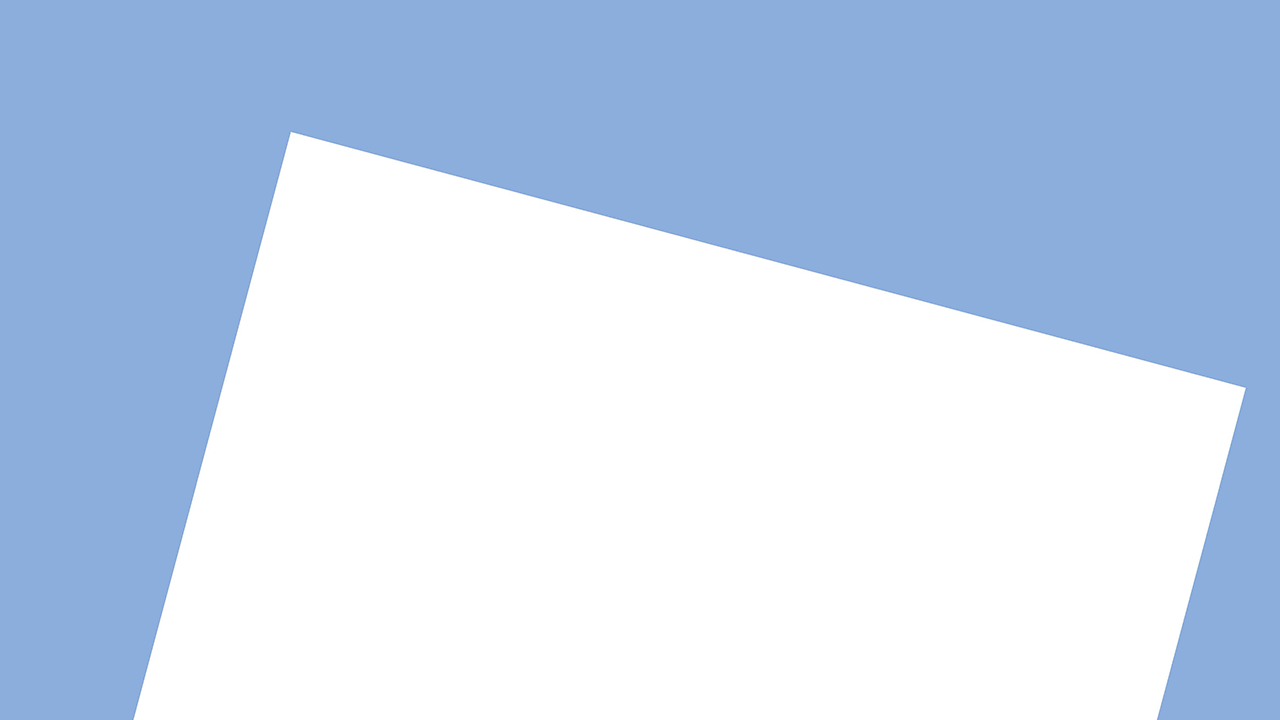
- This event has passed.
Alan Turing, Artificial Intelligence, and the Imitation Game – Jack Copeland

At the turn of the millennium Time magazine listed Alan Turing among the twentieth century’s 100 greatest minds. His ideas helped to transport us from an era where ‘computer’ was the term for a human clerk who did the sums in the back office of an insurance company or science lab, into a world where many have never known life without the Internet. His fundamental contributions to computer science are now widely celebrated, but less explored is his pioneering work on what we now call artificial intelligence.
This lecture describes the evolution of Turing’s thinking about intelligent machinery, from his wartime investigations at the British codebreaking headquarters at Bletchley Park, through to his groundbreaking publications in the early 1950s. His famous 1950 article ‘Computing Machinery and Intelligence’ described his Imitation Game, now called simply the ‘Turing test’. Over the years, Turing’s test has been the target of a hail of objections from computer science, philosophy, and elsewhere. The lecture will suggest that leading objections in the literature miss their mark, being for the most part based on misunderstandings of Turing’s subtle test; and recent claims that Turing’s test has actually been passed will be evaluated in the light of Turing’s own specification of the test.
Jack Copeland is Distinguished Professor in Humanities at the University of Canterbury (New Zealand), a world-wide expert on the life and works of Alan Turing as well as a leading philosopher of AI, computation, and information. The lecture is followed by a fireplace talk between Jack Copeland and Holger Hoos on Turing and AI. Holger Hoos is professor of computer science at RWTH Aachen University and leading researcher in the field of machine learning. The evening will be introduced by Gabriele Gramelsberger, director of the Käte Hamburger Kolleg: Cultures of Research Aachen (KHK c:o/re) and professor of philosophy of science and technology at RWTH Aachen University. The event is organized in cooperation between the KHK c:o/re, the Center for Artificial Intelligence at RWTH Aachen, and the OecherLab. Available seats are limited; we recommend arriving early.

